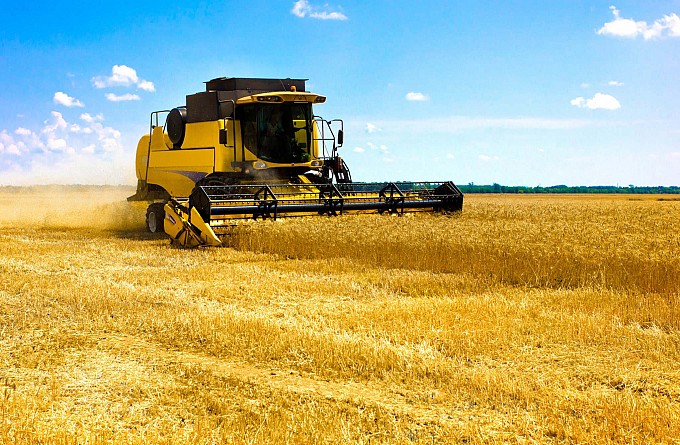
The Agency for the Protection and Development of Competition presented for discussion a draft Roadmap for the development of competition in the agricultural sector.
The plan provides for measures aimed at removing barriers in the distribution of export quotas. According to AZRK, there is currently no transparency in this area. In particular, quotas for the export of sunflower oil were issued to entities whose activities, according to the OKED, are related to the construction of buildings or the production of plastic packaging. At the same time, restrictions have been established for market entities in the allocation of quotas.
A number of measures will be implemented in 2024 to address these issues. The system for reviewing applications and allocating quotas will be automated. The legislation will establish the exclusivity of cases and an exhaustive list of grounds for the introduction of prohibitions and restrictions on the import and export of products. Standard Rules for determining the volume and distribution of quotas for import and export will also be adopted.
Another problematic issue addressed in the Roadmap is barriers to the promotion of agricultural producers' products through retail chains. As you know, retail chains set retro bonuses for manufacturers for socially significant foodstuffs (NWPT), despite the legislative ban. The percentage is subsequently included in the cost of the goods.
In this regard, in 2023, as part of the work on improving the legislation on trade activities, Rules for the relationship between retail facilities and suppliers will be introduced, ensuring equal access. It is also planned to develop standard contracts for NWPT to exclude the collection of hidden fees from trade organizations.
In 2024, it is planned to launch an online marketplace for the sale of agricultural products, as well as digital systems and services for the traceability of goods from agricultural production to the point of sale.
In addition, approaches to subsidizing agriculture in different regions will be revised. Currently, there is an unsystematic and subjective distribution of budget funds, as well as the absence of counter obligations.
In this regard, it is also planned to introduce the principles of determining the amount of subsidies depending on the contribution of the agricultural sector of the region to GDP in 2024. A Register of prohibited recipients of subsidies, including those in the process of liquidation, will also be introduced.
Approaches to setting marginal prices for NWT will also change. Akimats often set marginal prices below purchase prices, which is a barrier to the development of domestic producers and retailers.